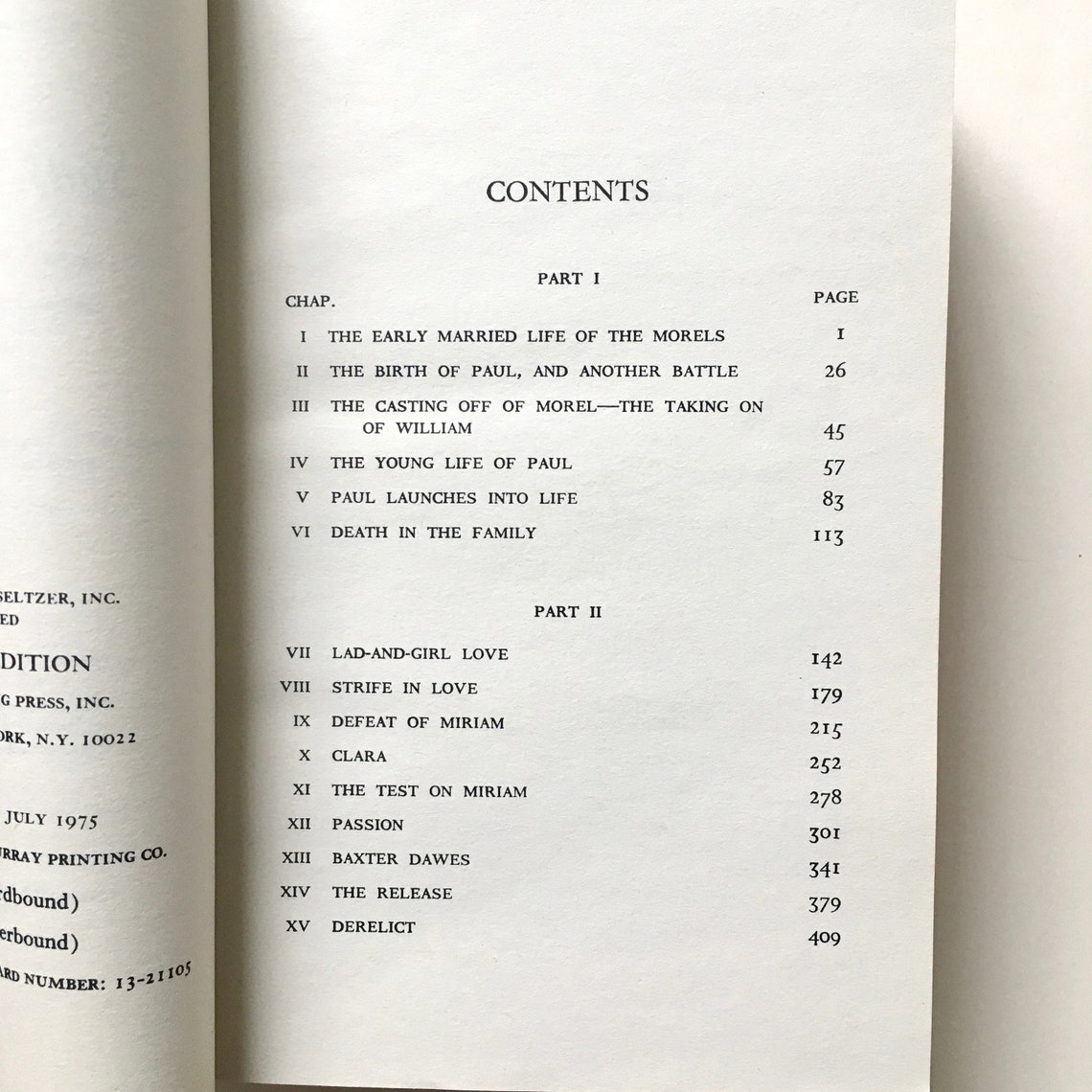


Lawrence did sometimes hit his wife, Frieda-though she, much the bigger person, sometimes struck first, with plate in hand. Lawrence: The Life of an Outsider” (Counterpoint $29.95), as a project of rehabilitation, “the first one-volume life of Lawrence to be written since his reputation came under such assault,” and he deals briskly with most of the charges that Amis and others have lodged. John Worthen, who wrote the first volume of a vast, three-volume Lawrence biography that Cambridge University Press published in the nineteen-nineties, presents his new book, “D. Invariably, the vitalist is scrutinized in the light of his own vita.

Lawrence, perhaps the most foul-tempered writer of all time (beater of women and animals, racist, anti-Semite, etc., etc.), was also, perhaps, the most extravagantly slapdash exponent of language, I feel the lure of some immense generalisation about probity and prose.Īmis goes on to claim that an author’s life is never more than “just an interesting extra.” But this is what neither Lawrence’s acolytes nor his detractors have ever been able to accept. Martin Amis has provided a succinct bill of indictment: But his demotion from the modernist canon has been prompted by moral disapproval as well. Impatient with their aestheticism, he declared that his concern was with “man alive.” And there is none of Eliot’s “extinction of personality” about his work Lawrence’s very personal voice, jocularly abusive like a male friend’s, or high-spirited and judgmental like a teen-age girl’s, bounding always between the disjunct registers of the chatty and the rhapsodic, can be heard in his short stories and essays as plainly as in his letters.

Lawrence never quite belonged among the modernists anyway. A critic as temperamentally unsympathetic to Lawrence as Irving Howe could write, with a revealing sense of priority, of “the revolutionary achievements of Lawrence, Joyce and, to a smaller extent, Woolf.” The list doesn’t usually come out that way today. More notoriously, he had also, in “Lady Chatterley’s Lover,” opened up the English-language novel to a frank, four-letter-word treatment of sex. And, having found a way in “The Rainbow” and “Women in Love” to dramatize the lives of his characters at a level where aggression and desire face off in a kind of primitive incandescence, he was duly credited as a technical innovator. In the decades after the Second World War, Lawrence was regarded as a culture hero: an intellectual up from the working class, a prophet against mechanized existence, a champion of instinctual life. And the tides of his reception have likewise shifted between adulation and disdain. People talking about Lawrence sound like his own quarrelsome couples: they hate him, they say, or they love him, or both. Lawrence must count as one of the most harmonious writers of all time. If, as Oscar Wilde said, when critics disagree the artist is in accord with himself, then D.


 0 kommentar(er)
0 kommentar(er)
